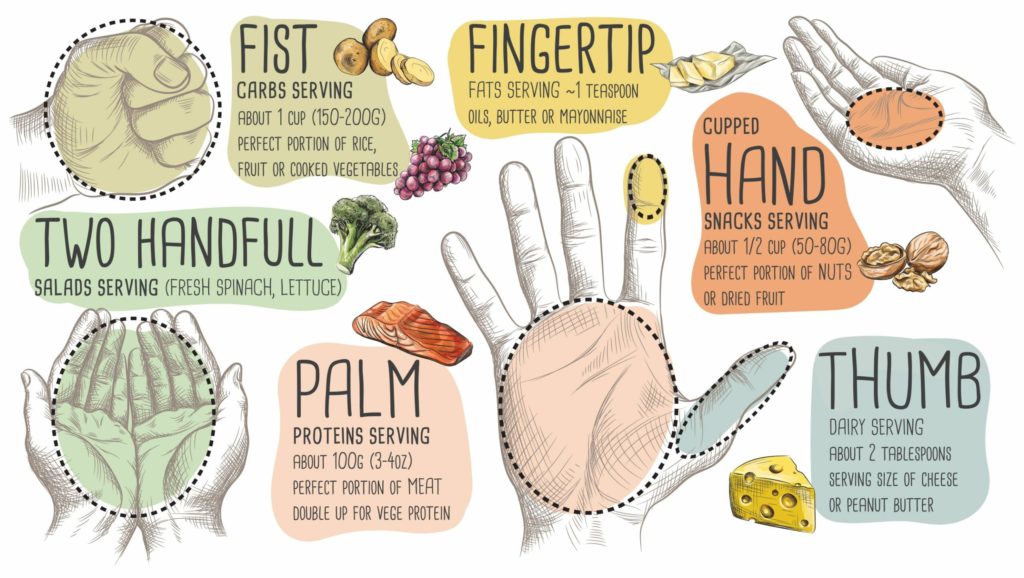novellainstitute.com – Eating well is essential for maintaining good health, boosting energy, and enhancing overall well-being. Whether you’re looking to improve your diet, lose weight, or simply feel better, here are some practical nutrition tips to help you on your journey.
1. Prioritize Whole Foods
Focus on whole, minimally processed foods. Fresh fruits, vegetables, whole grains, lean proteins, and healthy fats provide essential nutrients that support your body’s functions. Aim to fill your plate with a variety of colorful foods to ensure you’re getting a broad spectrum of vitamins and minerals.
2. Stay Hydrated
Water is crucial for overall health. It helps regulate body temperature, keeps joints lubricated, and aids in nutrient absorption. Aim for at least 8 cups (about 2 liters) of water a day, adjusting based on your activity level and climate. If plain water feels boring, try adding slices of fruit or herbs for flavor.
3. Balance Your Plate
Create balanced meals by including a source of protein, healthy fats, and complex carbohydrates. This combination will keep you full longer and provide sustained energy. For example, pair grilled chicken (protein) with quinoa (carbohydrate) and avocado (healthy fat), along with a side of mixed vegetables.
4. Mind Portion Sizes
Be mindful of portion sizes to avoid overeating. Use smaller plates and bowls to help control portions, and listen to your body’s hunger cues. Eating slowly and savoring each bite can help you recognize when you’re full.
5. Plan Your Meals
Meal planning can save time and ensure you make healthier choices. Set aside time each week to plan meals, prepare grocery lists, and cook in batches. Having healthy meals ready to go reduces the temptation to reach for less nutritious options.
6. Limit Added Sugars and Processed Foods
Be aware of added sugars in packaged foods, which can contribute to weight gain and health issues. Read labels and choose products with little to no added sugar. Similarly, limit processed foods, as they often contain unhealthy fats, excess sodium, and artificial ingredients.
7. Incorporate Healthy Snacks
Snacking can be part of a healthy diet if you choose the right options. Opt for snacks that combine protein, fiber, and healthy fats. Consider options like Greek yogurt with berries, a handful of nuts, or carrot sticks with hummus to keep you satisfied between meals.
8. Listen to Your Body
Practice mindful eating by paying attention to how different foods make you feel. This awareness can help you identify foods that nourish your body and those that may lead to discomfort. Adjust your diet accordingly to find what works best for you.
9. Don’t Skip Meals
Skipping meals can lead to overeating later and may disrupt your metabolism. Aim for three balanced meals a day, and include healthy snacks if needed. If you’re busy, consider preparing meals in advance to ensure you’re fueling your body throughout the day.
10. Seek Professional Guidance
If you’re unsure about where to start or have specific dietary needs, consider consulting a registered dietitian or nutritionist. They can provide personalized advice and help you create a sustainable eating plan tailored to your goals.
Conclusion
Improving your nutrition doesn’t have to be overwhelming. By incorporating these tips into your daily routine, you can create healthier eating habits that support your overall well-being. Remember, small changes can lead to significant improvements over time, so start with one or two tips and gradually build from there. Your body will thank you!





